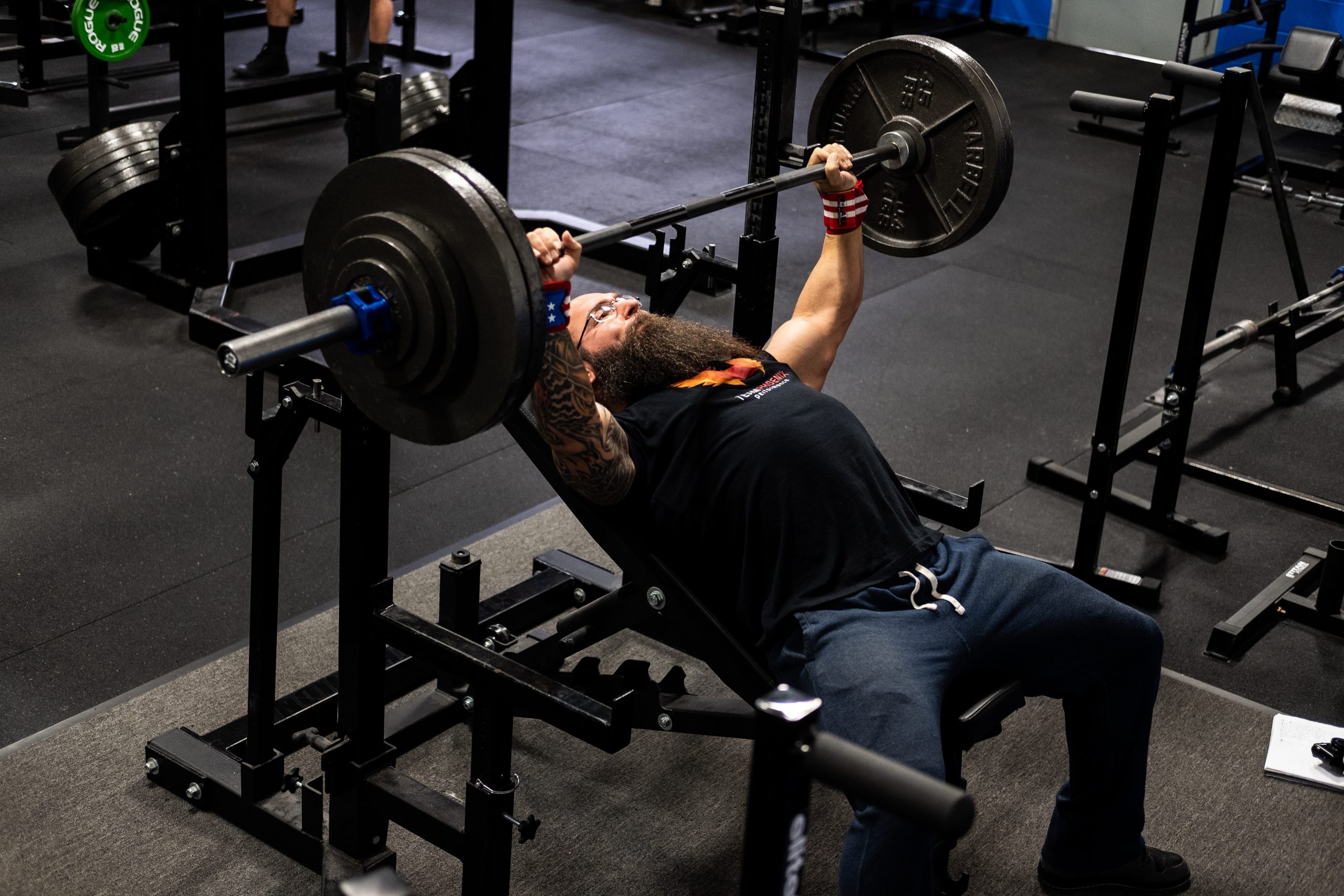
We have to look at the glycogen that gets stored in the muscle and eventually depleted with exercise. First glucose must be transported through the sarcolemma and into the SR via facilitated diffusion, which is made possible by protein carriers called the GLUT-4. Once glucose gets trapped in the muscles it can then be turned into glycogen. Glycogen synthesis, this is the conversion of glucose into glycogen in the muscle and is done in 4 enzymatic steps. Once it is stored and exercise occurs that’s when glycogenolysis happens and that is the breakdown of glycogen into glucose that the body can use to produce energy. Glycogen gets depleted in both the Wingate test and the 5k. With the Wingate they use up all the PCr stores first than rely on glycolysis once they are depleted. This glucose used in glycolysis will come from the muscle and liver glycogen stored from the previous meals. A 5k uses a lot of the aerobic system and if the pace is less than 60% of VO2max very little glycogen is depleted, but if they ran it bet 65-85% VO2max they would deplete glycogen and reach a level of exhaustion. A light pace at a conversational speed would lend me to believe they are below 60% a very little glycogen would be depleted.
So by stating the above it is clear that skeletal muscle glycogen use during exercise depends on the intensity of it, the more intense the more glycogen will be used. This increase is due to the activation of glycogen phosphorylase, which catalyzes the first step in glycogen degradation. Epinephrine is one of the main hormonal factors for this increase. The preferred fuel during high intensity activities is related to muscle fiber recruitment and most high intensity exercises recruit type II muscle fibers which has greater capacity for glycolysis. With resistance training skeletal muscle glycogen typically gets depleted by about 30%. Even though the glycogen gets depleted that may not be the cause of fatigue and impaired muscle function during resistance exercise. It also seems that the rate of muscle contraction can deplete glycogen more, the faster the contraction the more it gets depleted. So with this knowledge and the ideas discussed early on bioenergetics is it possible to think strength athletes don't need as many carbohydrates to fuel and recover from exercise? Possibly and if glycogen depletion doesn't cause fatigue what may be the cause? Just some things to think about when looking at nutrition and programming and making sure the needs are met and the reasoning behind your choices.









